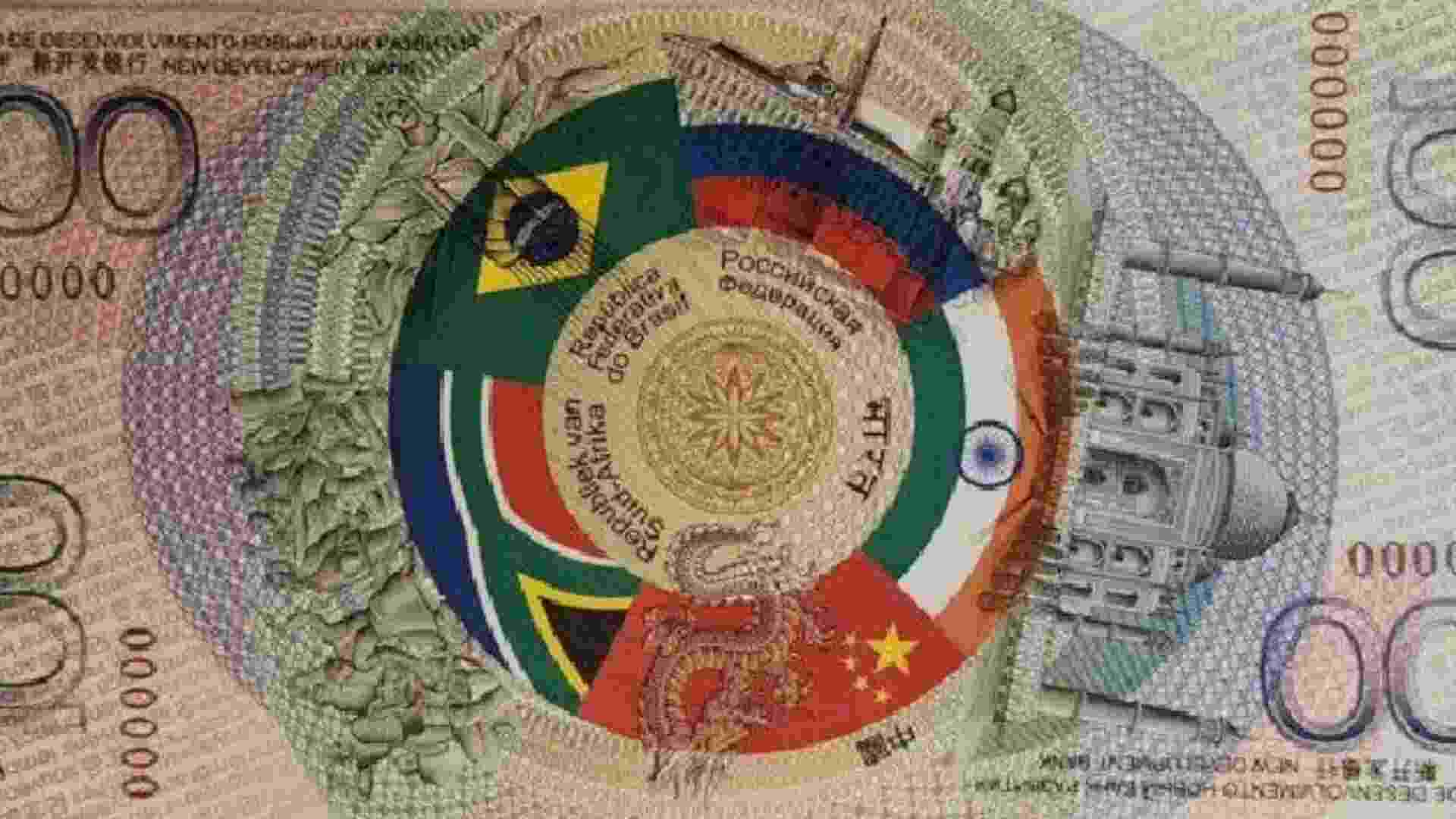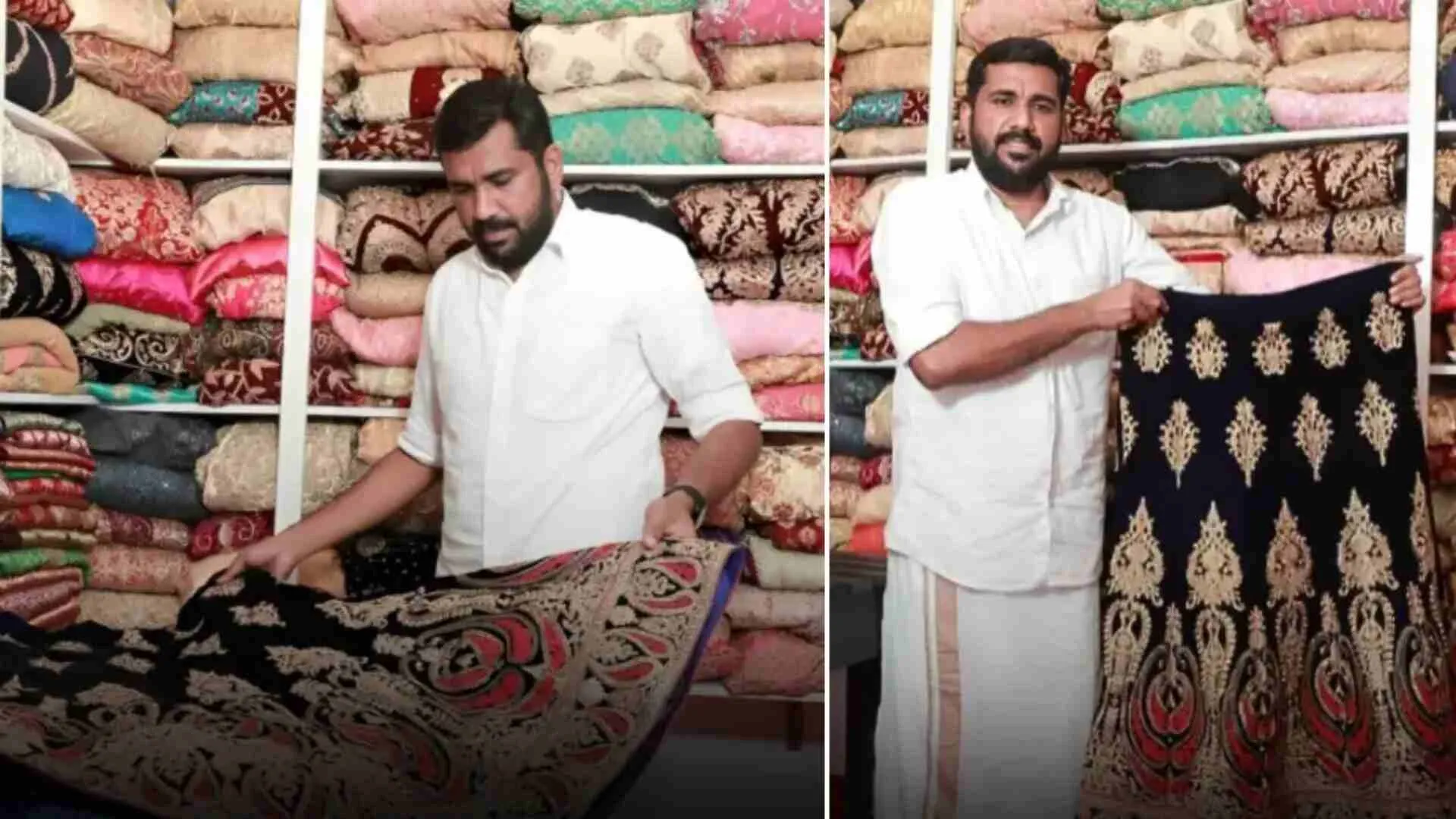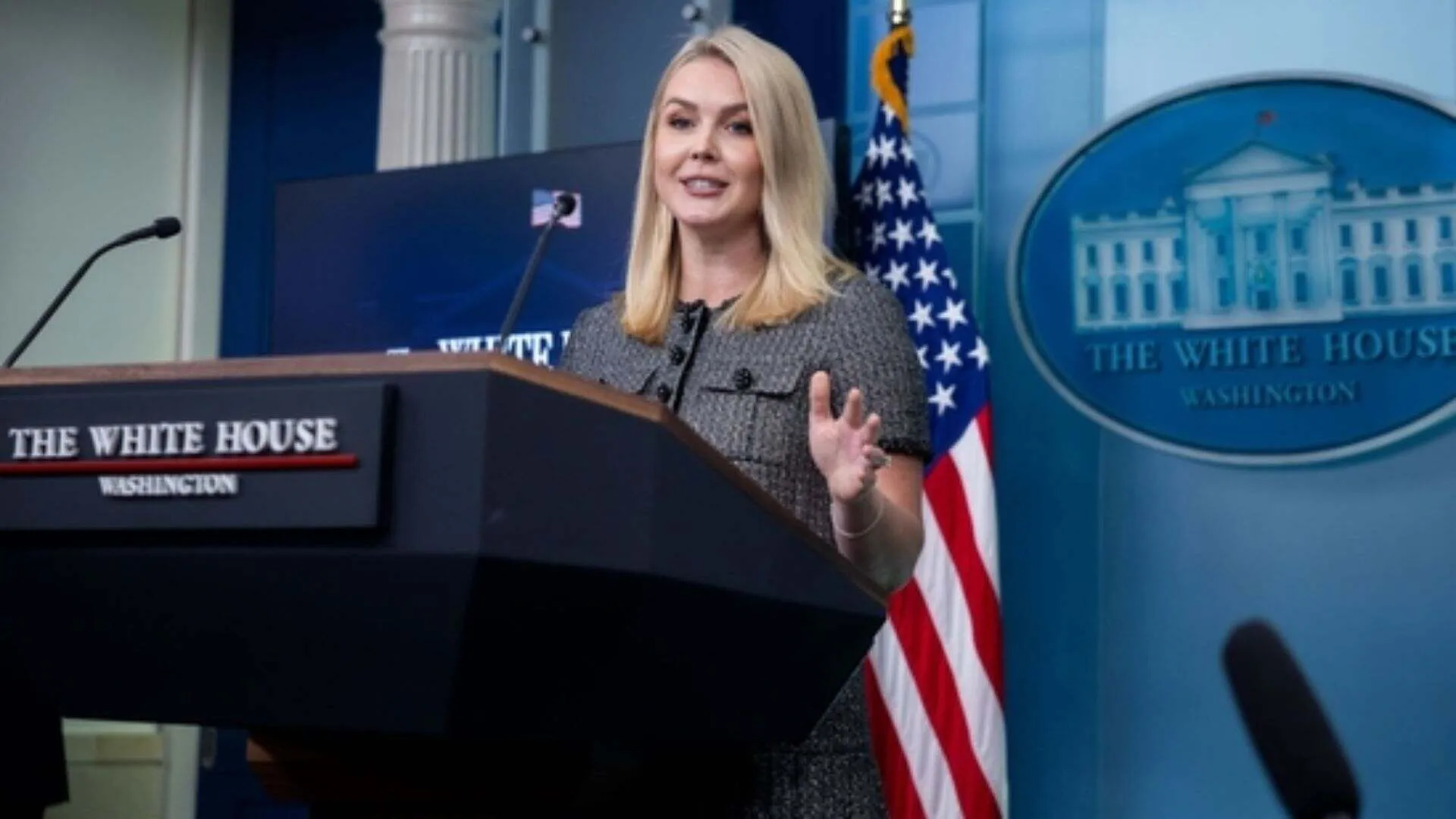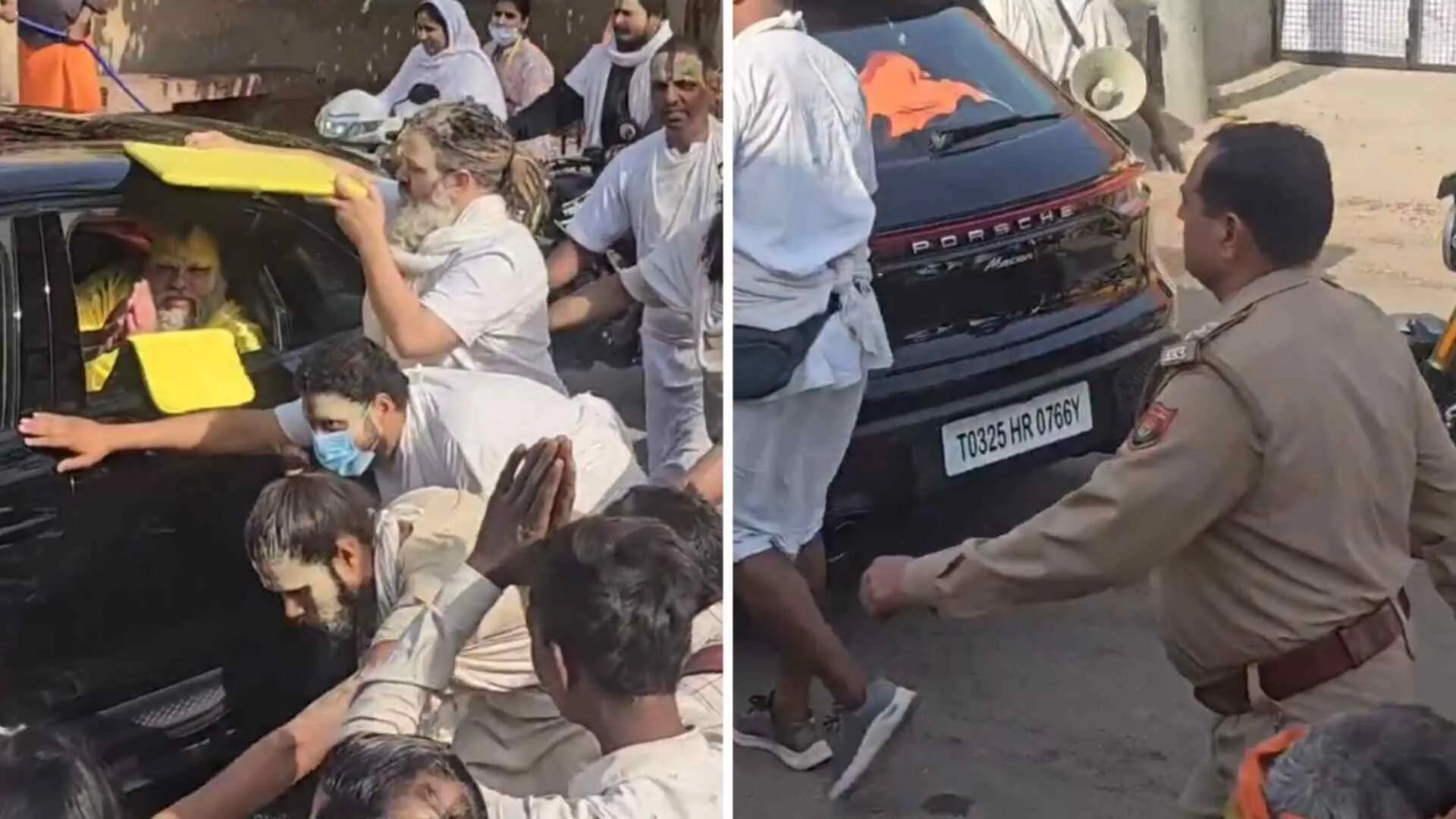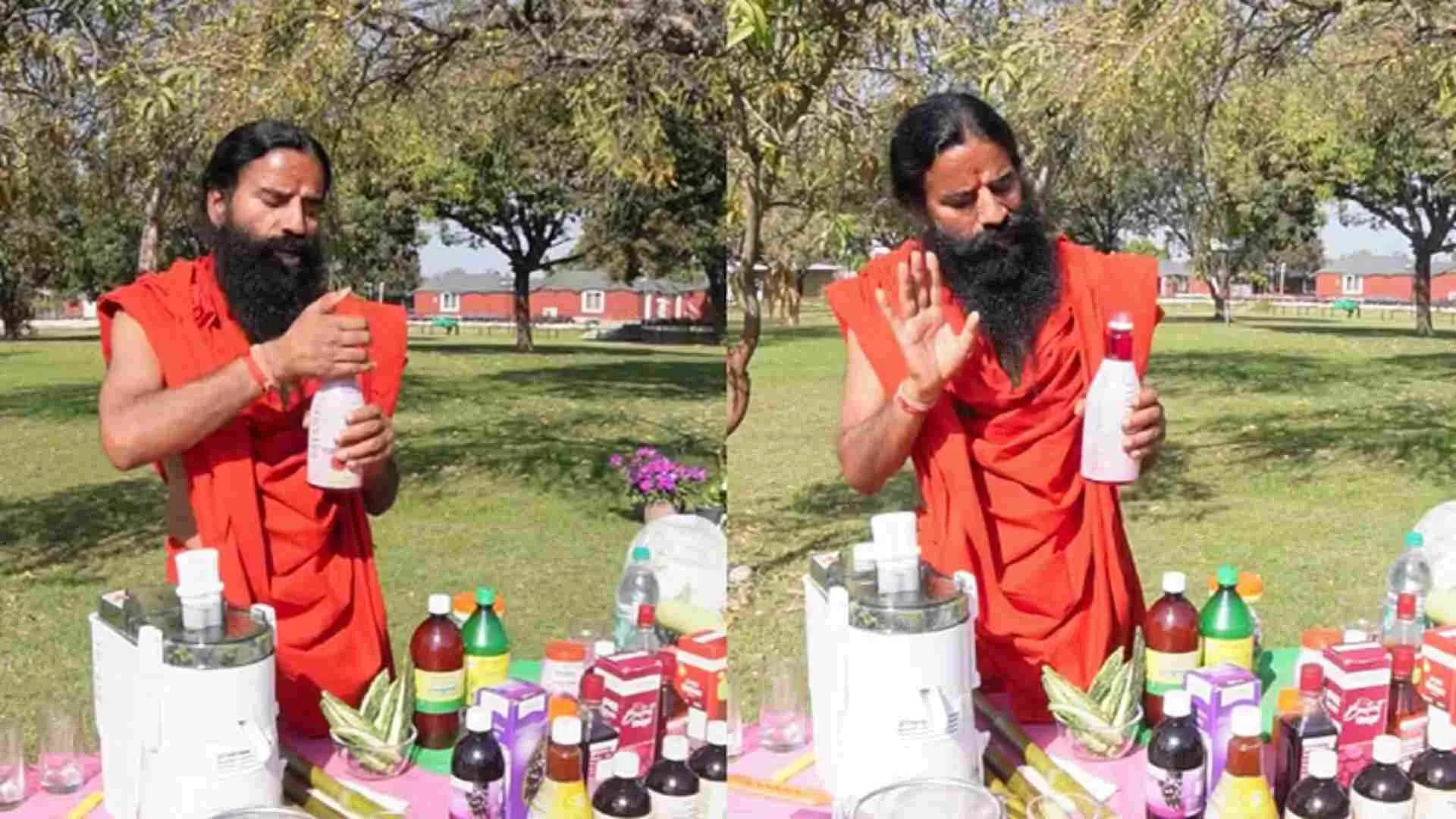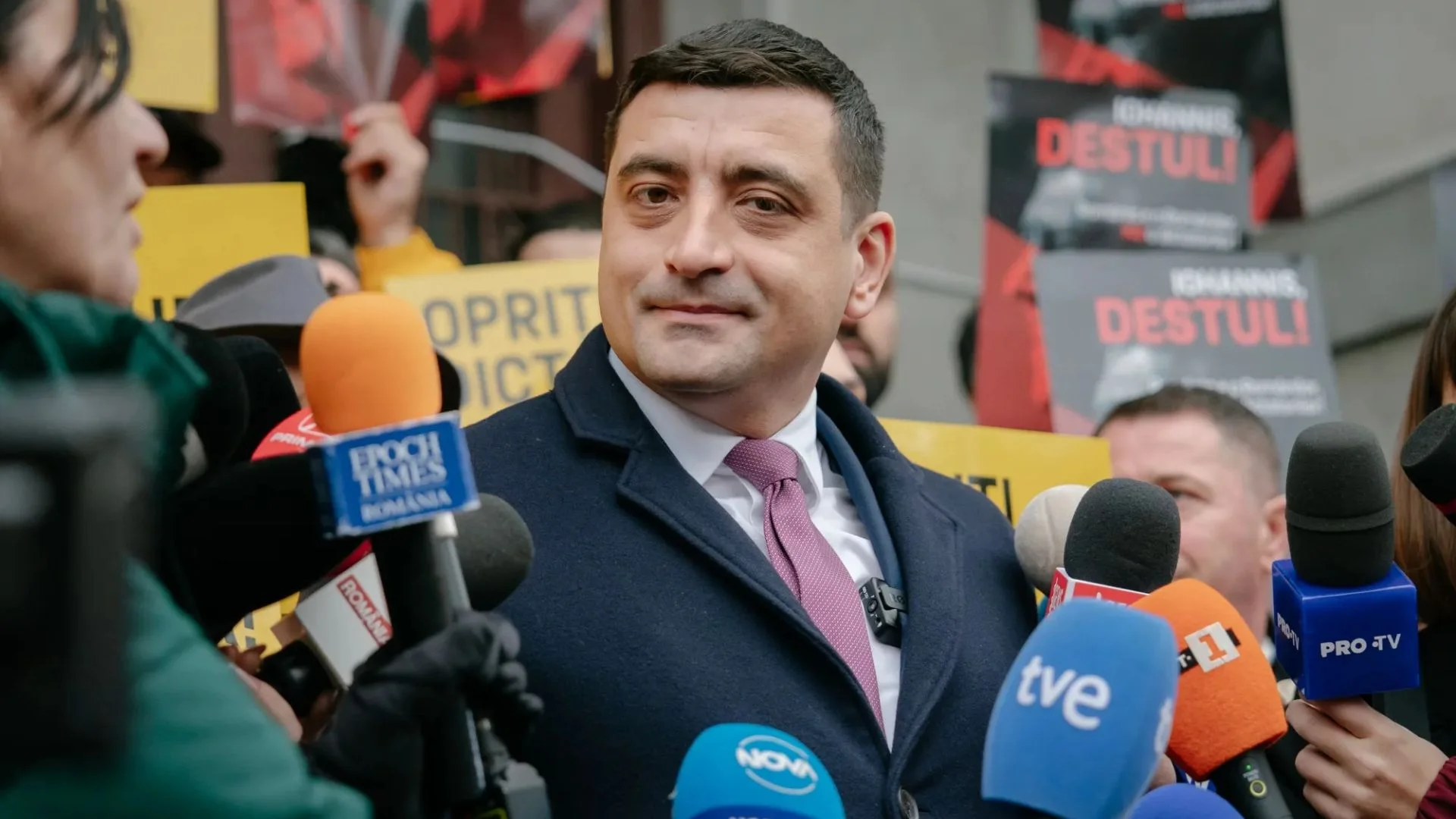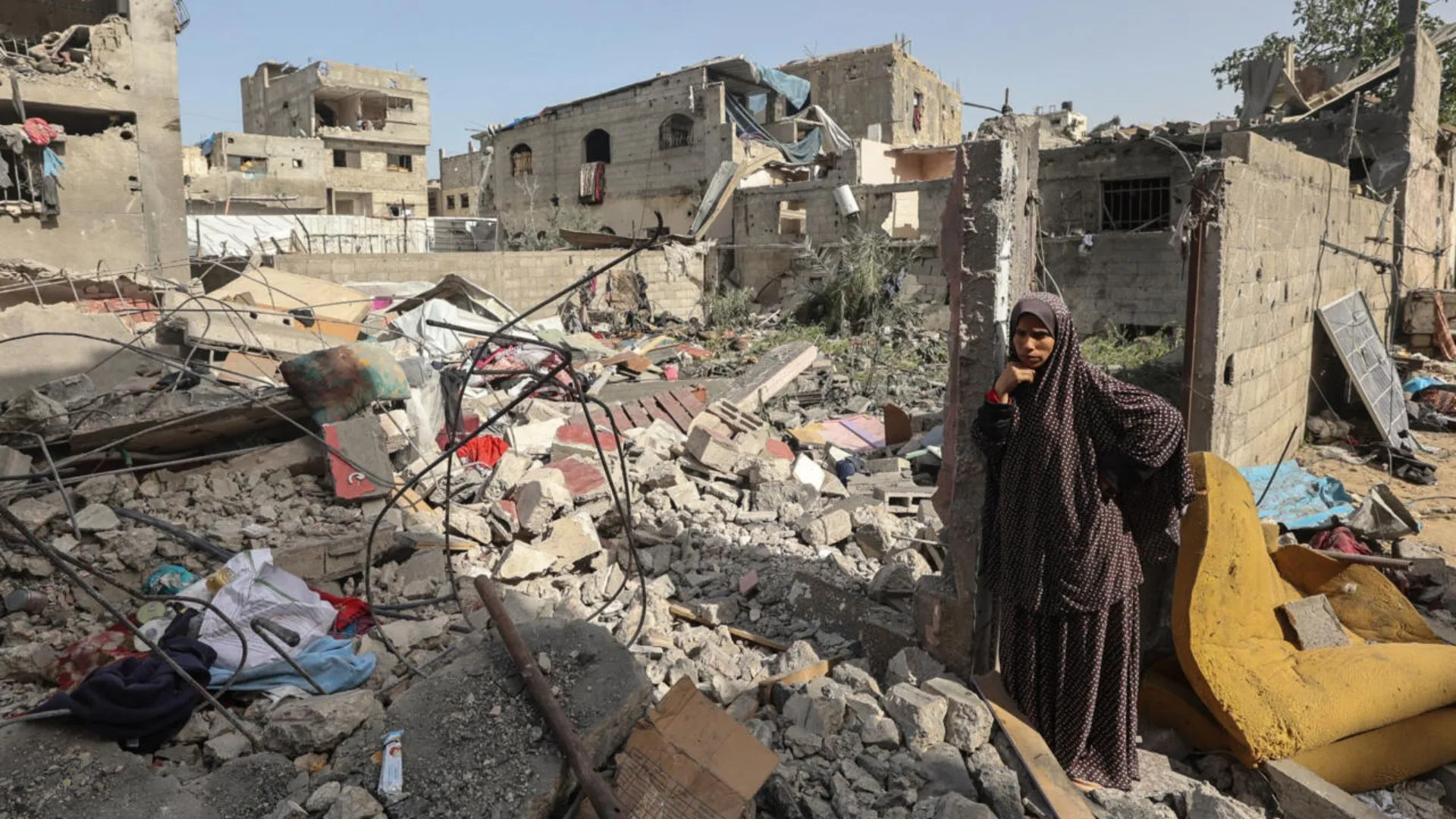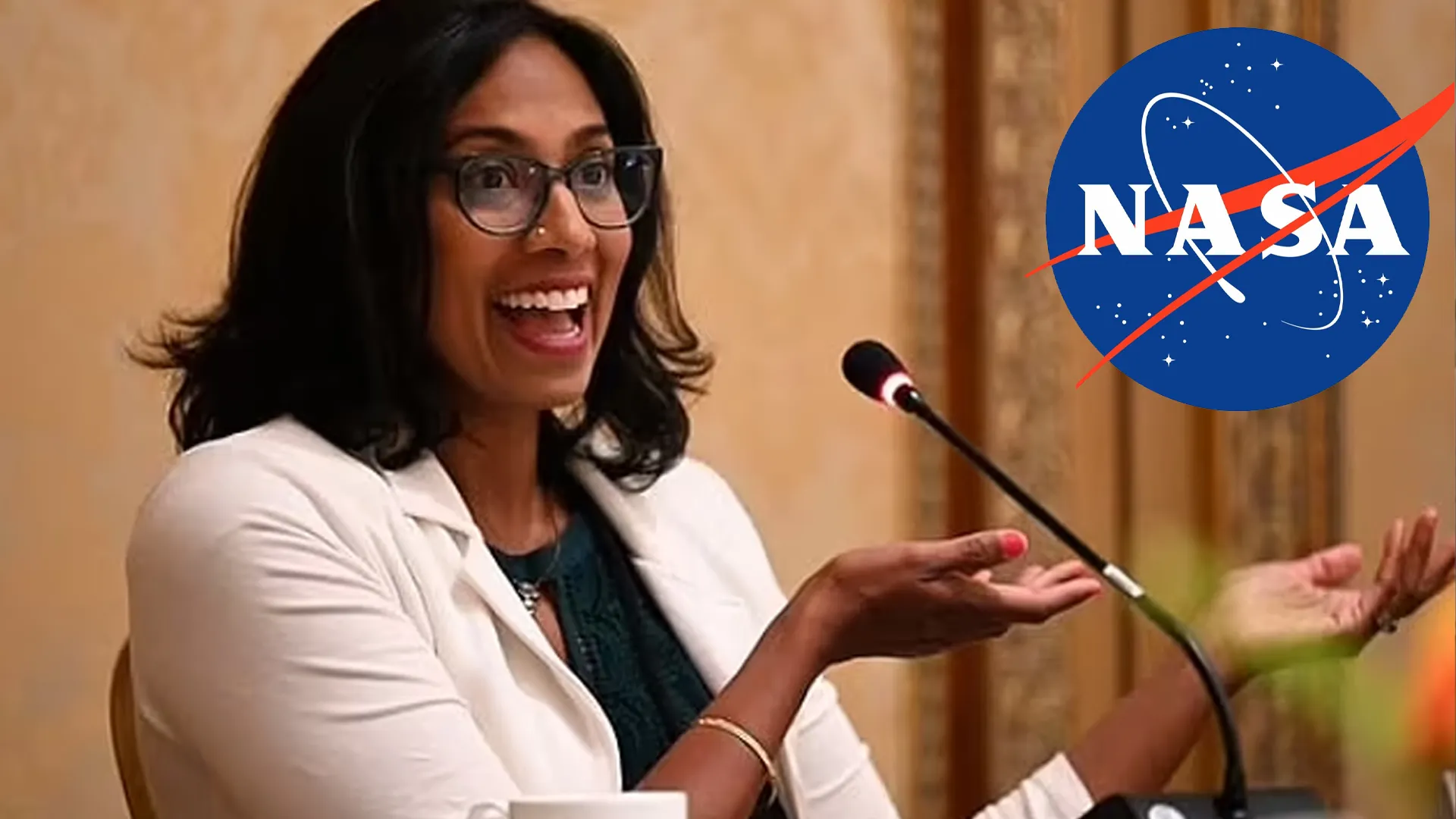Prime Minister Modi recently voiced strong support for local currency trading and seamless cross-border payments during the 16th BRICS summit. In the summit’s open plenary session, he stated, “We welcome efforts to enhance financial integration among BRICS nations. Trading in local currencies and efficient cross-border transactions will fortify our economic collaboration.”
This initiative aims to strengthen economic ties among the BRICS countries—Brazil, Russia, India, China, and South Africa—by promoting local currency trade and streamlined payment processes. Modi hopes this approach will lessen reliance on the US dollar and enhance financial cooperation within the bloc. Over a dozen nations, including Egypt, Ethiopia, Iran, Saudi Arabia, and the UAE, are anticipated to adopt the proposed new BRICS currency, further expanding its influence. Other countries likely to embrace this currency for trade include Argentina, Kazakhstan, Nigeria, Senegal, Bangladesh, Mexico, Zimbabwe, Bolivia, and Venezuela.
However, the proposed BRICS currency has sparked controversy among Hindutva nationalists in India, raising some valid concerns. A primary issue is the potential predominance of the Chinese yuan within the currency basket, which could affect India’s economic sovereignty. Since the BRICS currency would be a notional currency based on the collective value of the currencies in the basket, this scenario could grant China significant sway.
Taj Mahal Is Set To Feature On BRICS Banknote
Another concern involves the design of the proposed BRICS banknote, which features images of cultural significance from the participating countries. Reports indicate that the banknote includes depictions of Jesus, the Orthodox Christian Church, and a Chinese dragon, while the Taj Mahal from India is highlighted.
The Taj Mahal has long been a topic of debate, with some Hindu historians and right-wing groups claiming it was originally a Hindu temple called Tejo Mahalaya, later transformed into a mausoleum by Mughal emperor Shah Jahan for his wife, Mumtaz Mahal. Allegations also suggest that Shah Jahan ordered the amputation of the artisans’ and laborers’ thumbs to prevent replication of the masterpiece.
Social Media Criticism
Jagdish Shetty, General Secretary of the Virat Hindustan Sangam (VHS), expressed his dissatisfaction on X, stating, “Wah Bhai Wah Janab @narendramodi @PMOIndia you as Indian PM only found the Taj Mahal from India to put on the proposed upcoming BRICS currency finally been unveiled at the alliance’s ongoing summit in Kazan, Russia. You did Not find anything like OM ॐ, Ashoka Chakra, Sun Temple, Ganesha, Laxmi?! The other BRIC countries have displayed religious symbols for their countries like Jesus, Orthodox Christian Church & Dragon, etc.! What a let down by Janab MODI!”
Wah Bhai Wah Janab @narendramodi @PMOIndia you as Indian PM only found the Taj Mahal from India to put on the proposed upcoming BRICS currency finally been unveiled at the alliance’s ongoing summit in Kazan, Russia. You did Not find anything like OM ॐ , Ashoka Chakra, Sun Temple,… pic.twitter.com/OWZR8b2zNb
— Jagdish Shetty (@jagdishshetty) October 23, 2024
His tweet was also shared by respected economist and veteran BJP leader Dr. Subramanian Swamy, among others.
A user shared his disappointment on X, “@DrSJaishankar ji, if this is not final BRICS currency, think about to change the Taj Mahal image on this currency and should be replaced Hindu icons like temples with Mahadev as Russia image with Jesus and church background in currency. @PMOIndia.”
@DrSJaishankar ji, if this is not final BRICS currency, think about to change the Taj Mahal image on this currency and should be replaced Hindu icons like temples with Mahadev as Russia image with Jesus and church background in currency. @PMOIndiahttps://t.co/vGformTiYL
— C.B.R (@CBR18590052) October 24, 2024
Critics argue that this ignores significant symbols of Indian culture and history, such as the OM ॐ symbol, Ashoka Chakra, Konark Sun Temple and Madurai Meenakshi Temple. While someone said that Ayodhya’s Ram Mandir would aptly fit the BRICS banknote, other options included Tiger, Peacock, Lotus and Himalayas.
If at all there is a BRICS currency in future, Bharat should not be represented by Taj Mahal, please. Can be Madurai Meenakshi, Brihadeshwara, Hampi, Konark wheels, Sanchi stupa, Indus Valley seal, Himalayas, Lotus, Tiger anything.
— 🇮🇳Bongosaurus indica🇺🇸 (@Bongosaur) October 24, 2024
Taj Mahal in this mock-up ‘BRICS BILL’ should remain a mock-up bcoz if it really ends up on any BRICS Currency in future, it’ll be mocking Indian people, culture & identity, Big Time…
Instead Ram Mandir will aptly fill the BILL 😊 https://t.co/GggaSFBuCL
— Ashwani Sharma (@myplacenhistory) October 24, 2024
In a proposal from the Hindu Existence group on their X handle, it was suggested that the image of Kautilya-Chankya, known as the father of Indian economics, should be featured on the BRICS currency.
The Pic of Kautilya-Chankya, the father of Indian economics must be in BRICS currency. pic.twitter.com/RrQkRDl7LE
— Hindu Existence (@HinduExistence) October 24, 2024
Critics argue that PM Modi missed an opportunity to create a lasting representation of Hinduism and Indian culture within the BRICS framework. Instead, they feel he opted for a symbol that caters to secular sensibilities.
Many believe the proposed BRICS banknote should be revised to reflect the prevailing Hindutva sentiment, emphasizing Indian culture and heritage.

